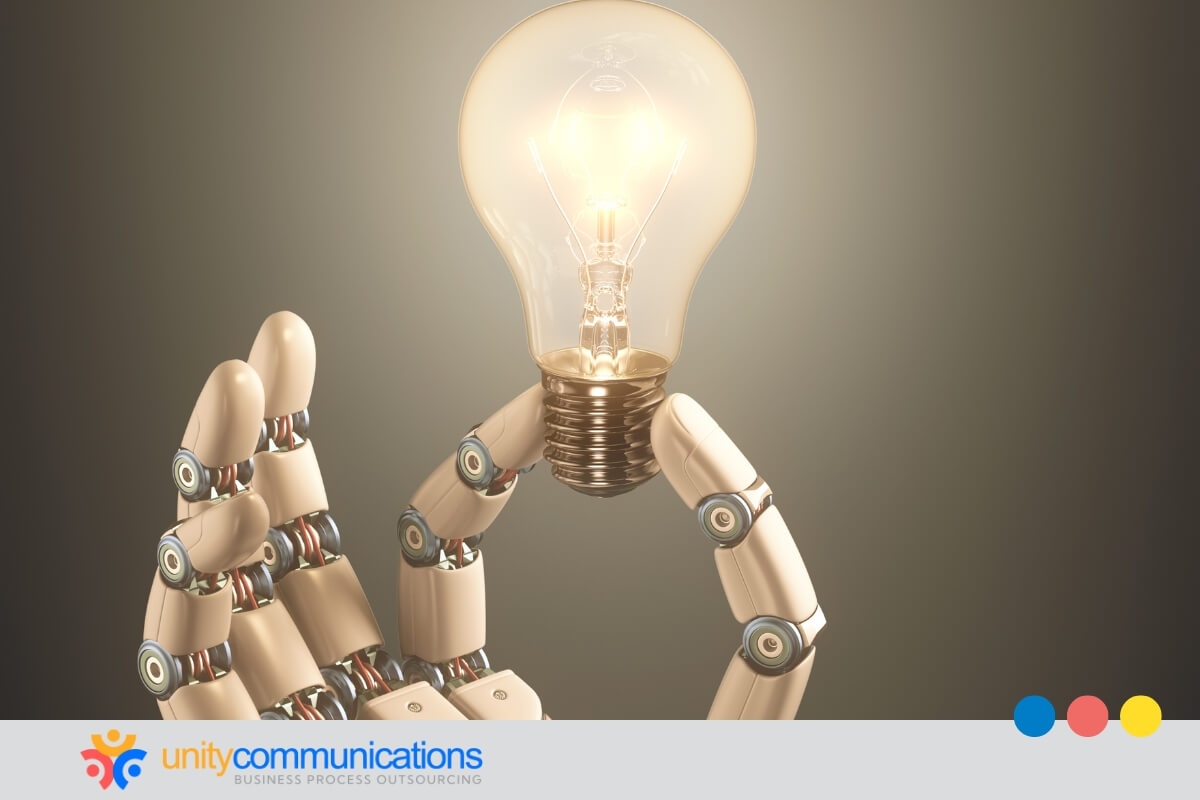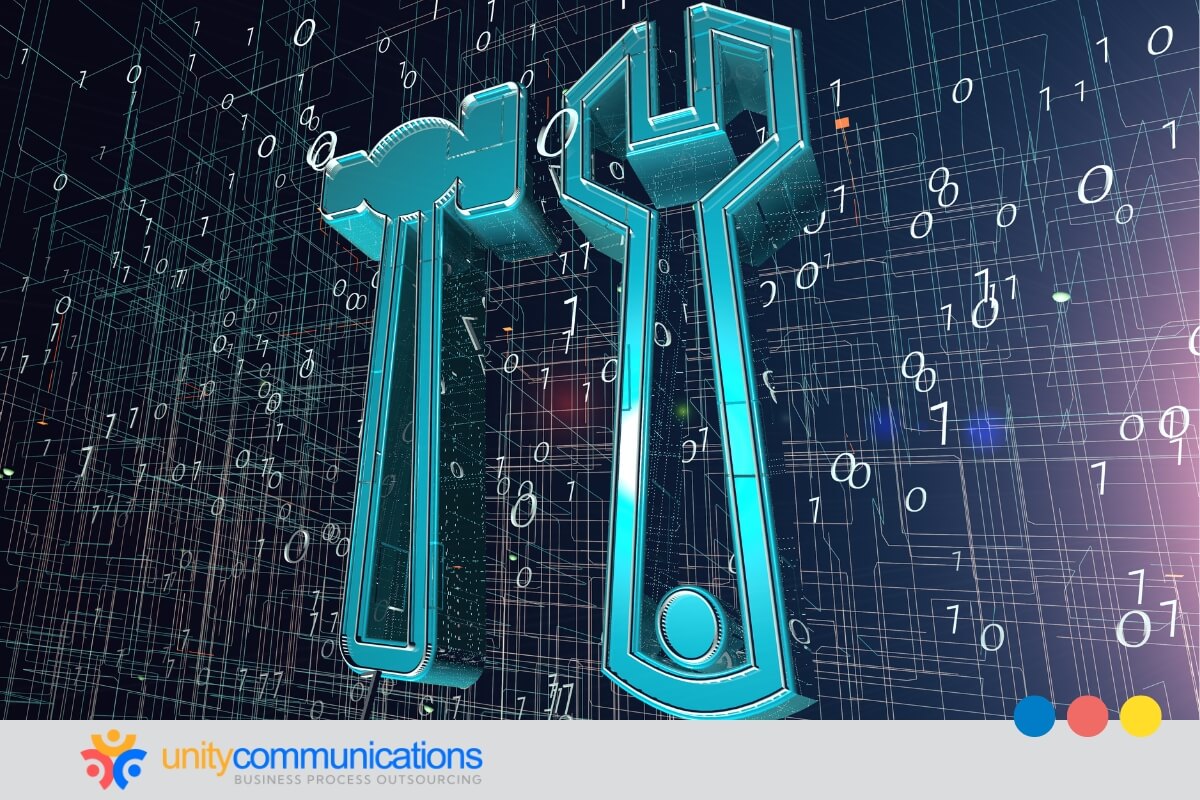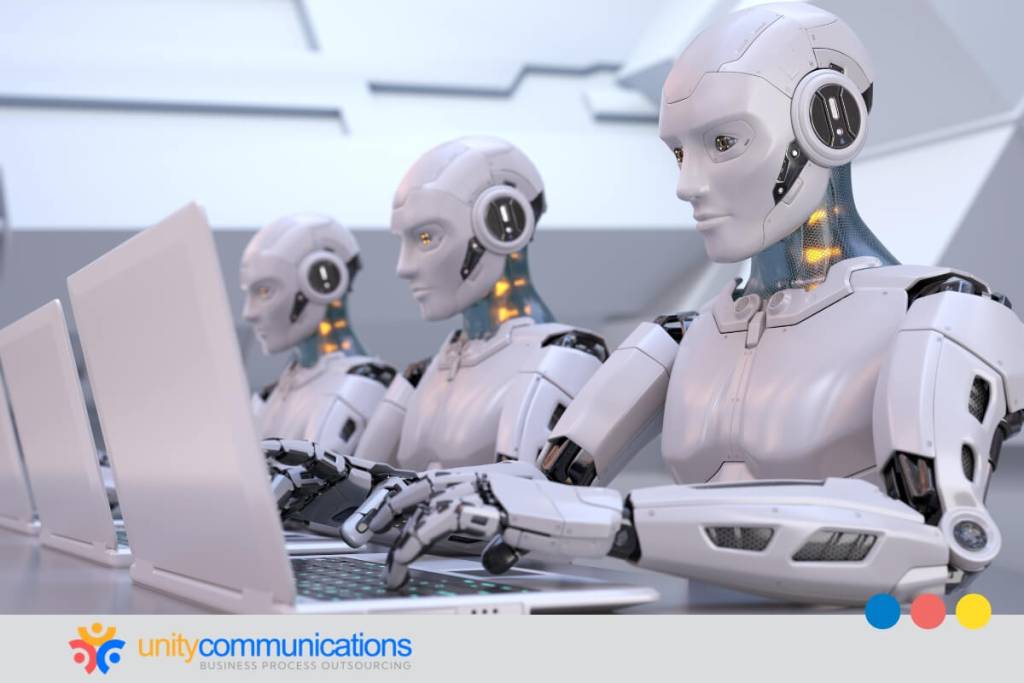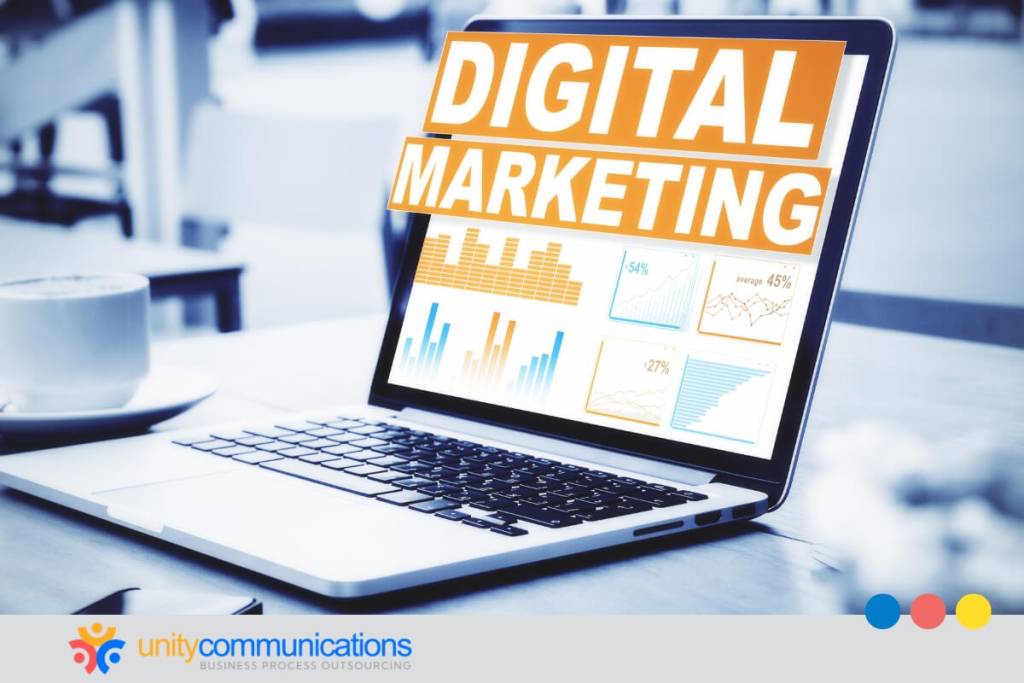IN THIS ARTICLE
Table of Contents
When you hear “AI agent definition,” it might bring to mind futuristic robots or sci-fi assistants. In reality, AI agents are already here, quietly powering workflows, providing customer support, and making decisions in everyday business.
Companies across various industries are leveraging AI to streamline operations, enhance decision-making, and automate manual tasks. You are no longer looking at AI as a nice-to-have. It is quickly becoming a competitive necessity.
In this article, we’ll break down 10 key facts that clearly define an AI agent, which shows why these systems matter for modern businesses.
What are the key facts in every AI agent definition?

What is an AI agent? Before fully understanding AI’s impact on business, it is essential to examine what defines an AI agent. These defining qualities show how it functions, adapts, and supports people and organizations in real-world settings.
This foundation becomes even more relevant considering McKinsey & Company estimates that generative AI and related technologies could eventually automate 60–70% of the tasks employees handle today.
1. Do AI agents really act autonomously?
Autonomy is one of the core traits that define an AI agent. AI agents handle tasks without constant human control. This independence allows them to work continuously and deliver consistent results.
By taking over repetitive responsibilities, they free up human effort for more strategic work. Businesses benefit by saving both time and resources.
- Virtual assistants scheduling meetings
- Chatbots answering customer inquiries
- Automated systems processing invoices
AI makes routine work faster and less dependent on human input.
2. How do AI agents interact with their environment?
Adaptability is central to the AI agent definition, as agents respond to changing environments. If you’re new to AI, you might ask, “What does an AI agent do?” It can sense, interpret, and respond to its digital or physical environment.
This capability makes it flexible and adaptive in real-world situations. By processing signals and data, it can act precisely in changing conditions. The result is a system that stays relevant and useful across industries.
- AI systems monitor compliance and flag irregularities in financial reports.
- Smart office management tools adjust lighting and energy use
- Fraud detection platforms identify suspicious transactions in banking or e-commerce.
AI adapts its actions in real time to fit changing conditions.
3. Why do AI agents operate under defined goals?
AI agents function within clear objectives set by users or organizations. At the same time, they can decide on their methods to reach those goals.
This balance of structure and freedom makes them highly effective. The outcome is a system that delivers results without needing step-by-step instructions.
- Delivery bots optimizing routes
- Recommendation engines suggesting products
- Scheduling software prioritizing tasks
AI helps you meet goals efficiently while reducing manual effort.
4. Can AI agents learn and adapt over time?
AI agents improve by learning from data, feedback, and experience. Instead of staying static, they evolve with use.
This ability makes them more innovative and reliable the longer they are deployed. You can count on them to deliver greater accuracy over time.
- Language tools refining translations
- Predictive models adjusting forecasts
- Customer support AI improving answers
AI continues to deliver better results the more it is used.
5. Do AI agents collaborate with humans and other agents?
Another question you might have is, “What is the function of an AI agent?” AI agents work with others, not in isolation.
They complement human skills and even cooperate with other AI systems. This collaboration fosters stronger, more efficient teams, resulting in faster problem-solving and increased productivity.
- Co-pilot tools assisting programmers
- Virtual agents working in multi-agent systems
- AI-driven assistants supporting doctors
AI boosts productivity by complementing human strengths.
6. What core components define an AI agent?
Every AI agent definition must include the following foundational elements: perception, reasoning, memory, and action. These components allow it to sense, think, store knowledge, and act.
Together, they form the intelligence that drives performance. Different agents might emphasize different elements, but the structure remains consistent.
- Perception: recognizing speech or image
- Reasoning: making decisions
- Memory: storing past interactions
- Action: delivering responses or outputs
AI’s structure makes it capable of both simple and advanced tasks.
7. Where are AI agents applied in real-world scenarios?
AI agents are no longer futuristic concepts as many industries use them regularly. From automation services, they have a growing impact on how businesses run.
Their versatility makes them useful in both small-scale tasks and enterprise-level operations. As adoption grows, so does its value in everyday life.
- Customer support chatbots
- Workflow automation tools
- Data analysis platforms
AI proves its value by solving real problems at scale. These applications demonstrate the business value of the technology.
8. How do AI agents improve efficiency and accuracy?
One of the most significant benefits of AI agents is their ability to minimize errors while accelerating tasks. They outperform manual processes by delivering consistent and reliable outcomes, making them indispensable for organizations that need precision.
Efficiency gains often translate into cost savings and better service quality.
- Automated quality checks in manufacturing
- AI-driven fraud detection in banking
- Medical imaging analysis in healthcare
AI provides speed and accuracy that humans alone cannot achieve.
9. Can AI agents operate at scale without losing performance?
AI agents can manage massive volumes of data or requests without breaking down. This scalability makes them a perfect fit for modern businesses that face increasing workloads.
Whether handling thousands of customers or processing endless streams of information, they rise to the challenge. Organizations gain the flexibility to grow without limits.
- Chatbots managing thousands of conversations
- Cloud-based AI running global operations
- Predictive analytics scanning large datasets
AI enables businesses to scale seamlessly without compromising performance.
10. Why do AI agents require governance and ethical oversight?
A recent survey revealed that 78% of organizations already apply AI in at least one area of their business operations. As adoption grows, so does the responsibility to manage these systems effectively.
While powerful, AI agents must be carefully managed to avoid risks. Issues such as bias, privacy breaches, or security concerns can arise without oversight.
Therefore, governance is critical to keeping them safe, fair, and trustworthy, ultimately protecting businesses and their customers. Practical governance measures help keep AI agents safe, fair, and trustworthy, such as:
- Guidelines on data usage and privacy
- Bias detection in decision-making
- Cybersecurity safeguards for sensitive data
You must manage AI responsibly to maximize benefits and minimize risks. Governance is critical, as is completing the AI agent definition with accountability and capability.
How do AI agents transform business process outsourcing?

Understanding how outsourcing works is crucial if your company is exploring ways to reduce costs and enhance efficiency. Outsourcing is hiring external providers to handle tasks or services that would otherwise be managed in-house.
Often referred to as business process outsourcing (BPO), outsourcing allows companies to focus on their core strengths while delegating repetitive or specialized functions.
By outsourcing, you can redirect internal resources and boost investment in innovation, research, and development. Standard processes businesses outsource include:
- Customer service and call center support
- Payroll and accounting
- Data entry and administrative tasks
- IT services and technical support
- Digital marketing and content creation
- Human resources and recruitment
With the rise of AI, advanced systems, especially those that meet the AI agent definition, are reshaping outsourcing by automating routine tasks, reducing errors, and improving overall efficiency.
The bottom line
The AI agent definition is no longer abstract. These systems are transforming how businesses operate by combining speed, accuracy, and adaptability.
From automation to decision support, they enable people to focus on tasks that require human creativity and judgment. Combined with human expertise, they create a powerful balance of efficiency and innovation.
Ready to experience the best of both worlds? Our hybrid services combine AI and human insight to deliver more innovative, reliable solutions for your business. Let’s connect.





